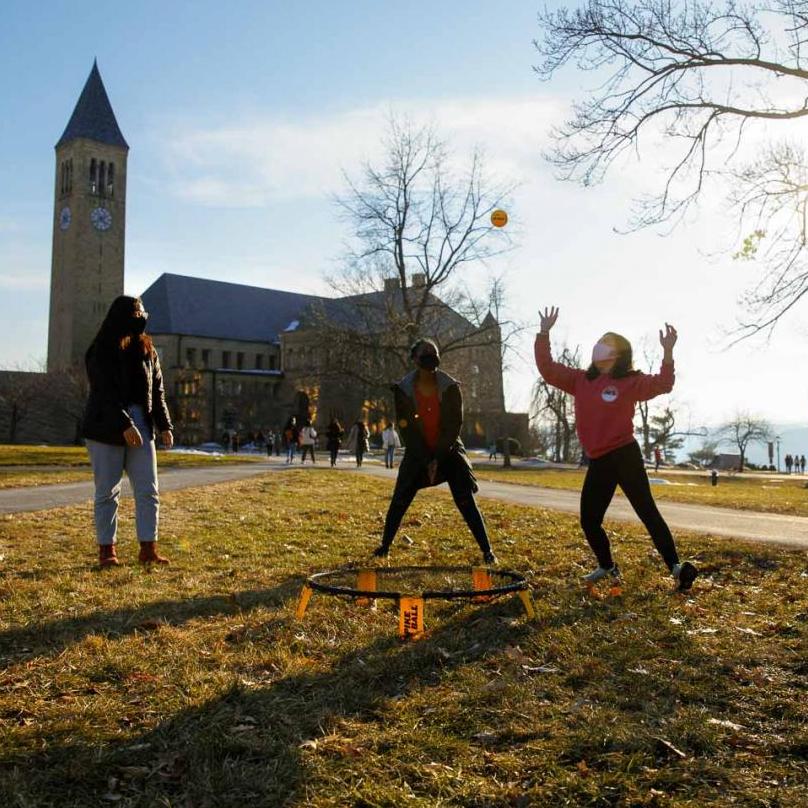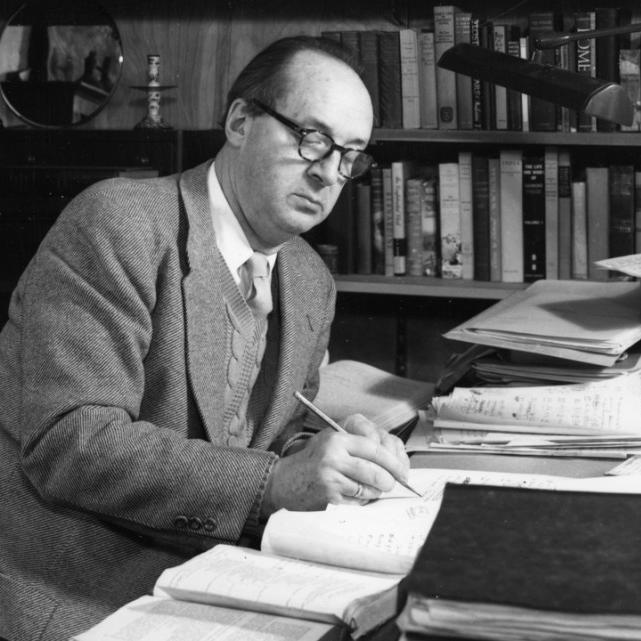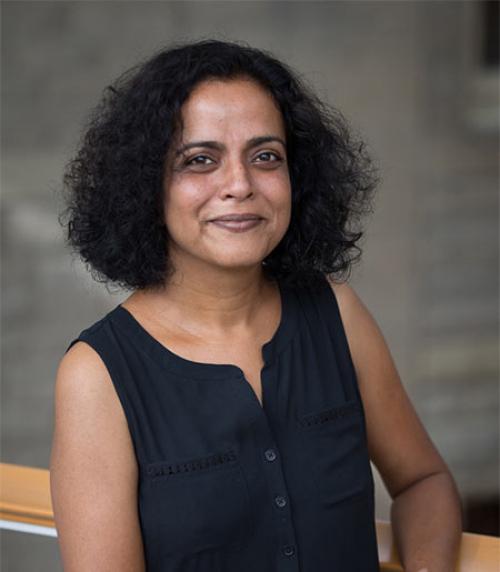“India has 26 official languages, but when I teach Indian literature, students can only access a very few works in English translation,” laments Anindita Banerjee, associate professor of comparative literature in the College of Arts and Sciences. “There are reams of other excellent literature I haven’t been able to teach because it’s not translated. Translation is critical to the transmission of culture, so the vision of world literature in the classroom becomes a very unequal and unreal image for our students.”
Banerjee was particularly frustrated when writing her first book, “We Modern People: Science Fiction and the Making of Russian Modernity,” because so little of the science fiction she referenced was available to English readers.
“Those stories that are available have specific political positions, so readers get a skewed view of this wonderful corpus that stretches more than a century,” she explains.
The popular University Course on science fiction Banerjee teaches, which she describes as “aggressively global,” is also limited by the translations available. So Banerjee and colleague Yvonne Howell at the University of Richmond decided to create a volume of translated Russian science fiction stories themselves. But Banerjee, having never done any translations before, knew that translating what became a 400-page book by herself would be too much. And few publishers invest in literary translations because they’re thought to be not profitable enough.
Their publisher, Russian Information Services, suggested an innovative approach: crowdsource funding to pay translators. Their Kickstarter campaign – complete with video – was a huge success, with 424 backers pledging $21,444. The pledges exceeded the campaign’s “stretch” goal of $20,000, which meant that in addition to funding the translations, two copies of the book would be donated to more than 200 schools and universities in the U.S. where Russian is taught.
Banerjee translated three of the stories herself, and Howell served as the volume’s editor. “Red Star Tales: A Century of Russian and Soviet Science Fiction” includes 18 stories, all translated into English for the first time, spanning pre-revolutionary works of the 1890s, the Stalinist era, and post-Soviet stories published in the 1980s and ’90s.
“What I find particularly compelling about Russian SF – and it’s true of all non-Western traditions of SF – is this dynamic where it is hyper aware of science and technology’s role in global modernity, but then it remakes that relationship and produces its own specific models,” says Banerjee.
In Russia, science fiction writers were public intellectuals with considerable influence, according to Banerjee. “Their parallel role was as thinkers of contemporaneity, showing people how to read the present and future and how to imagine the U.S., Russia and the rest of the world – and they were prominent as voices of conscience.”
Linda B. Glaser is a staff writer for the College of Arts and Sciences.





